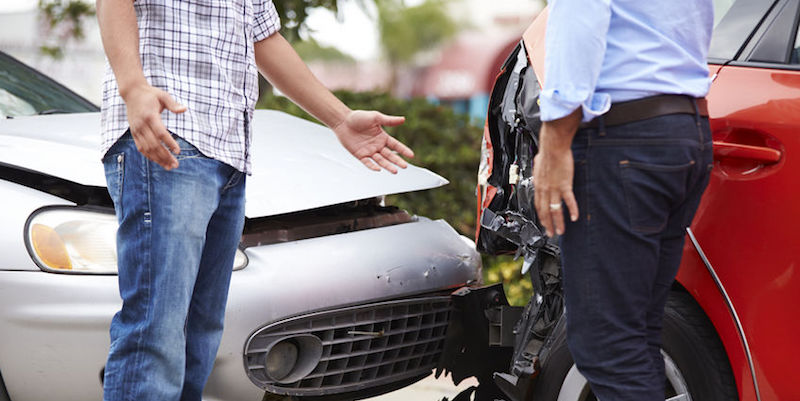In general, if Colorado law enforcement is called to the scene to investigate the accident, they will be responsible for determining fault.
Who Actually Decides Fault for a Car Accident in Colorado?
Although it is sometimes clear who caused an automobile accident, fault is often difficult to determine. The drivers involved may both deny liability for the accident.
The methods of assigning fault vary by state, insurance company, and even insurance policy. Several individuals and entities will likely have a say in determining who is to blame for a car accident.
Law Enforcement’s Involvement
In general, if law enforcement personnel are called to the scene to investigate the accident, they will be responsible for determining fault. They must file an accident report that includes the names of the drivers, the location of the accident, any observations they have made, and other pertinent information. They interview witnesses, assess vehicle damage, and view any security footage from nearby cameras.
Insurance Companies
Adjusters for insurance companies estimate the damage, gather information from all parties, and review what happened just before the auto accident to determine who is liable. The adjusters determine fault based on the state’s legal definition of negligence since standards for determining fault are not uniform throughout the United States. If it is difficult to prove fault, insurance companies will sometimes share the cost of the damages, state law permitting.
Drivers
Fault can also be established if one of the parties simply admits responsibility. An apology can be used as evidence of such an admission. Although it seems natural to apologize if you feel you were at least partly responsible for the accident, doing so can be taken as admitting fault. Even if you clearly didn’t cause the accident, the other party can use your apology against you when denying his own responsibility.
Beyond asking others involved in the accident whether they are injured and gathering their contact and insurance information, you should avoid conversation with them. Don’t inadvertently admit fault. Take photographs, gather evidence, and collect contact information from all available witnesses so that you have as much information in support of your claims as possible.
A Court
If both parties to an accident deny liability and the insurance companies cannot agree on liability, a personal injury lawsuit may be filed in court so that a judge or jury can decide fault. Sometimes the fault is shared. In modified comparative fault states like Colorado, a driver determined to be 50% or more at fault for an accident will be ineligible to collect any damages.
If you or a loved one have suffered in a car accident, contact Dan Rosen at (303) 454-8000 or (800) ROSEN-911 to schedule your free initial consultation with an experienced personal injury attorney.

